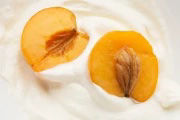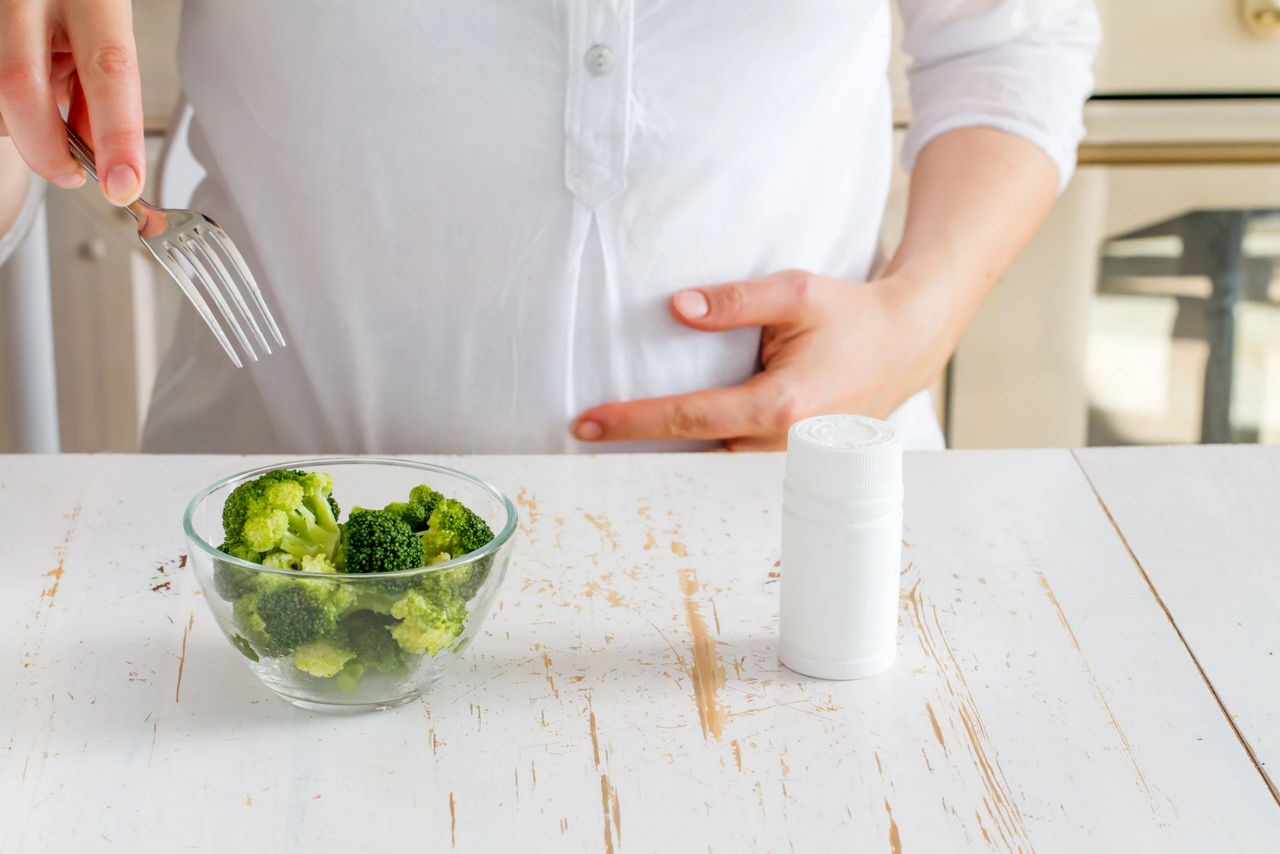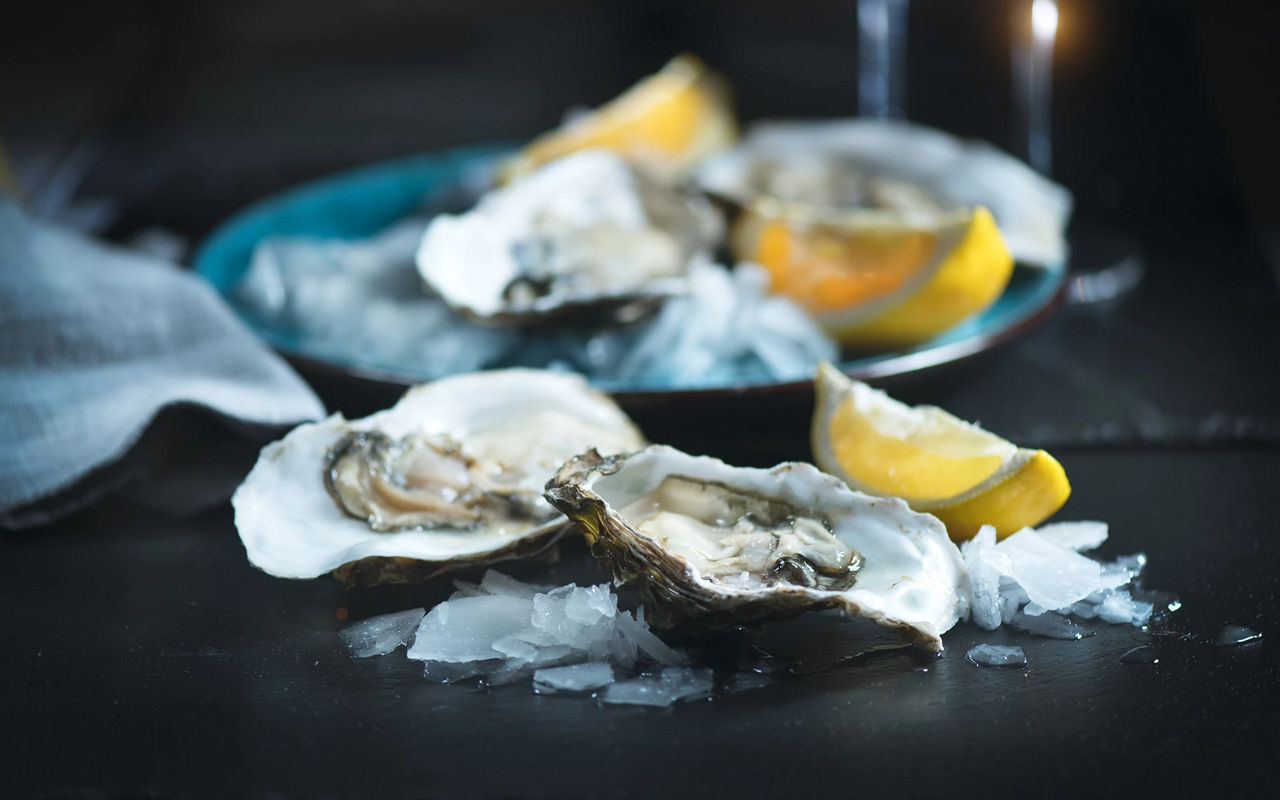Eating cheese and dairy is important during your pregnancy because they contain a lot of vital nutrients such as protein, calcium, phosphorus and vitamin D, that support your baby’s growth, nervous system and bone development1-3. However, some cheeses can contain bacteria which can be harmful during your pregnancy. Read on to discover which cheeses are safe to eat while you’re pregnant, which cheeses you should avoid, plus good alternatives if you’re sticking to a dairy-free diet.
Eating cheese and dairy during pregnancy
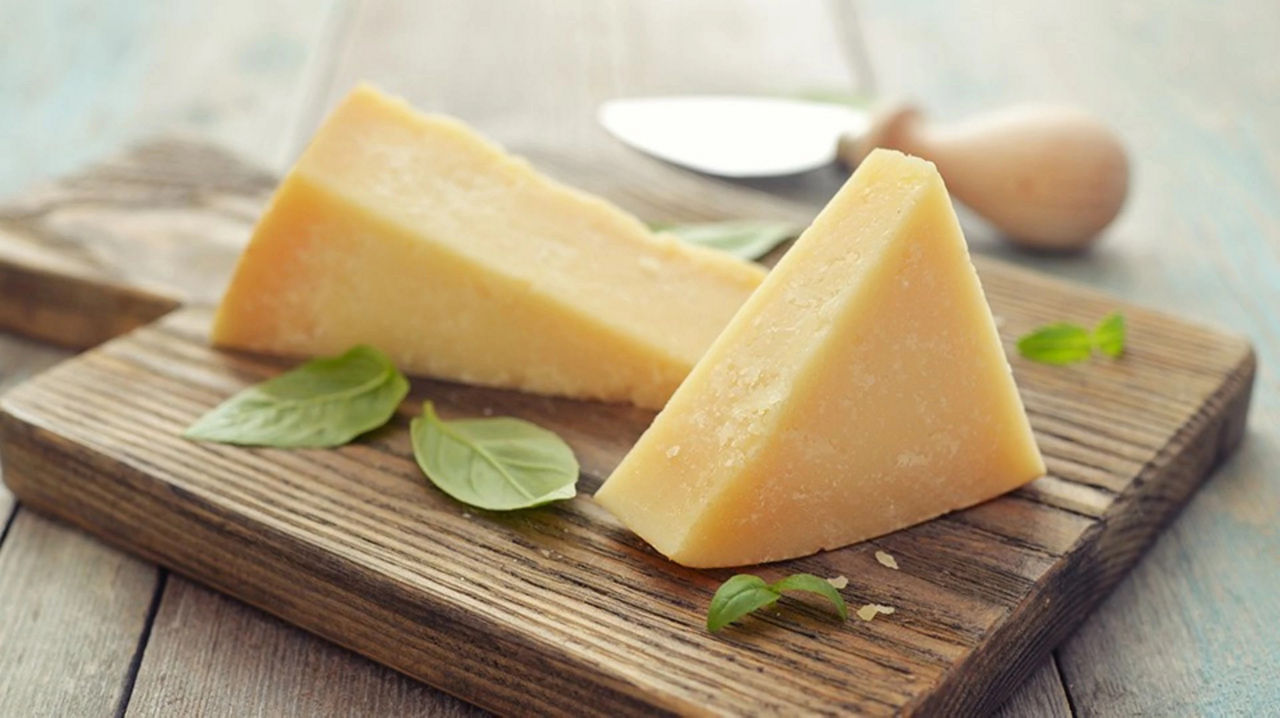
Can you eat cheese when pregnant?
The NHS recommends that all hard cheeses, such as cheddar, parmesan and stilton, are safe to eat, even if they're made with unpasteurised milk, as the risk of hard cheeses containing listeria bacteria is low4.
Listeria in pregnancy
Some cheeses can contain listeria, a bacteria which can cause listeriosis5 – a type of food poisoning. Hormonal changes during pregnancy can weaken your immune system, putting you more at risk of developing listeriosis, which can cause serious complications and lead to miscarriage5. Symptoms of listeriosis include a high temperature of 38oC or above, aches and pains, chills, feeling nauseous, vomiting and diarrhoea6. If you experience any of these symptoms and think you may have listeriosis, you should get advice from a health care professional.
Discover which other foods you should avoid during pregnancy.
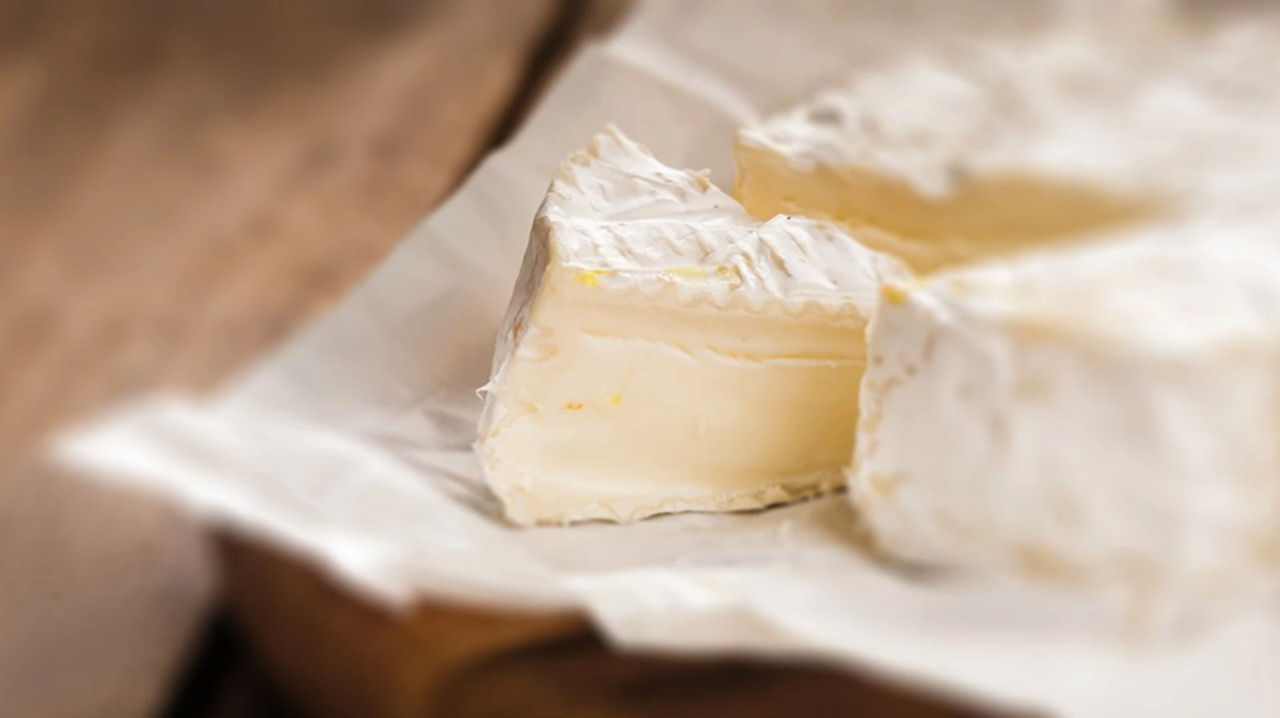
Cheese to avoid when you’re pregnant
You can still enjoy many of your favourite cheeses when you’re pregnant, but there are a few types of cheese you should avoid.
Mould-ripened soft cheeses such as:
Some soft cheeses are safe to eat during pregnancy, too – whether cooked or not – as long as they’re not mould-ripened5.
Knowing which cheeses are safe can get complicated, so we’ve answered the most common cheese-related pregnancy questions.
Some types of goat’s cheese are fine to eat during pregnancy, as long as they’re made from pasteurised milk7. However, chèvre and other soft goat’s cheese should be avoided while you’re pregnant as they can contain higher levels of listeria. Baked goat’s cheese is safe to eat as heating the cheese will kill any harmful bacteria7.
During pregnancy, hard blue cheeses such as stilton are safe to eat without cooking. However, other mould-ripened soft blue-veined cheeses such as Gorgonzola or Roquefort should be avoided4.
You can eat mozzarella during pregnancy as long as it’s made from pasteurised milk4.
You can eat ricotta during pregnancy, as long as it’s made from pasteurised milk4.
Due to its high salt content, bacteria are less likely to survive in feta cheese, making it safe to eat during pregnancy, as long as it’s made from pasteurised milk4.
Yes, Emmental cheese is considered a hard cheese and safe to eat when you’re pregnant4.
Yes, eating cream cheese is safe during pregnancy, as long as it’s made from pasteurised milk4.
Mascarpone cheese is safe to eat when you’re pregnant as long as it’s made from pasteurised milk4.
The NHS recommends that pregnant women should avoid eating soft cheeses with white rinds. That means brie and camembert are unfortunately off the menu – unless they’ve been thoroughly cooked5.
As long as it’s made from pasteurised milk7, a semi-hard, brined cheese such as halloumi is safe to eat during pregnancy.
You can eat baked camembert as long as it’s thoroughly cooked. However, you should avoid raw camembert throughout your pregnancy8.
| Cheese - made with pasteurised milk | Safe or not? |
|---|---|
| Cottage cheese | ✓ |
| Mozzarella | ✓ |
| Feta | ✓ |
| Cream Cheese | ✓ |
| Paneer | ✓ |
| Ricotta | ✓ |
| Halloumi | ✓ |
| Goat's cheese (chèvre) | x Unless thoroughly cooked and piping hot |
| Processed cheese (cheese spreads) | ✓ |
| Soft, mould-ripened cheese (e.g. brie, camembert) | x Unless thoroughly cooked and piping hot |
| Stiltion | ✓ |
| Emmental | ✓ |
| Mascarpone | ✓ |
Milk consumption in pregnancy
You should also make sure any milk and dairy foods you consume are pasteurised9. Pasteurised milk has been heat-treated to kill bacteria and prevent food poisoning9. Most store-bought cow’s milk is pasteurised, but if you’re unsure, it’s always best to ask or check the label.
| Dairy | Protein per 100g | Calcium per 100g | Dairy (average portion sizes) | Protein per portion | Calcium per portion |
|---|---|---|---|---|---|
| Whole milk | 3.3g | 118 | 250ml | 8.25g | 295 |
| Semi-skimmed milk | 3.4g | 120 | 250ml | 8.5g | 300 |
| Skimmed milk | 3.4g | 122 | 250ml | 8.5g | 305 |
| Cheddar cheese | 25.4g | 739 | 30g | 7.26g | 221.7 |
| Half-fat cheddar | 32.7g | 840 | 30g | 9.81g | 252 |
| Cottage cheese | 12.6g | 127 | 90g | 11.34g | 114.3 |
| Whole milk yoghurt | 5.7g | 200 | 150ml | 8.55g | 300 |
| Low fat yoghurt (plain) | 4.8g | 162ml | 150ml | 7.2g | 243 |
Dairy-free diets
If you follow a dairy-free or vegan diet, you can substitute dairy with other food sources for the nutrients that dairy products would otherwise provide9. Soy products and dark green leafy vegetables are recommended for calcium intake9. Read more about the role of calcium in pregnancy.
Lactose-free diets
If you're lactose intolerant, aged hard cheeses are worth trying as the processing reduces the lactose content. You may also find that you can tolerate yoghurt, which contains less lactose than milk due to the bacteria and cultures it contains10.
Your midwife or healthcare professional will be able to advise you further about getting sufficient levels of calcium and other beneficial nutrients in your diet.
Related Topics
Read next

Get in touch with our Careline experts
Our nutritionists and feeding advisors are always on hand to talk about feeding your baby. So if you have a question, just get in touch
- British Nutrition Foundation. Dietary Calcium and Health [Online]. 2005. Available at: www.nutrition.org.uk/attachments/205_Dietary%20calcium%20and%20health%20summary.pdf [Accessed February 2020]
- British Nutrition Foundation. Protein [Online]. 2012. Available at: www.nutrition.org.uk/nutritionscience/nutrients-food-and-ingredients/protein.html [Accessed February 2020]
- NHS. Vitamins and nutrition in pregnancy [Online]. 2017. Available at: www.nhs.uk/conditions/pregnancy-and-baby/pages/vitamins-minerals-supplements-pregnant.aspx [Accessed February 2020]
- NHS. Are hard cheeses safe to eat during pregnancy? [Online]. 2018. Available at: www.nhs.uk/chq/Pages/are-hard-cheeses-safe-to-eat-during-pregnancy.aspx?CategoryID=54&SubCategoryID=216 [Accessed February 2020]
- NHS. Why can't I eat soft cheese during pregnancy? [Online]. 2018. Available at: www.nhs.uk/chq/Pages/why-cant-I-eat-soft-cheeses-during-pregnancy.aspx [Accessed February 2020]
- NHS. Listeriosis. [Online]. 2017. Available at: https://www.nhs.uk/conditions/listeriosis/ [Accessed February 2020]
- NHS. Is it safe to eat goat’s cheese during pregnancy? [Online]. 2018. Available at: www.nhs.uk/common-health-questions/pregnancy/is-it-safe-to-eat-goats-cheese-during-pregnancy/ [Accessed February 2020]
- NHS. Can I eat cooked brie and blue cheese during pregnancy? [Online]. 2018. Available at: www.nhs.uk/common-health-questions/pregnancy/can-i-eat-cooked-brie-and-blue-cheese-during-pregnancy/ [Accessed February 2020]
- NHS. Milk and dairy foods [Online]. 2018. Available at: www.nhs.uk/Livewell/Goodfood/Pages/milk-dairy-foods.aspx [Accessed February 2020]
- Savaiano DA. Lactose digestion from yogurt: mechanism and relevance. Am J Clin Nutr 2014;99(5):S1251-55.
Last reviewed: 28th July 2020
Reviewed by Nutricia’s Medical and Scientific Affairs Team

